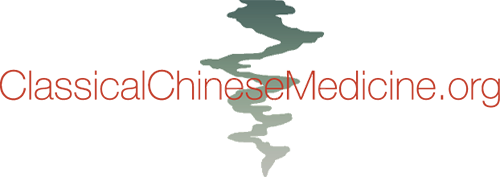All Disease Comes From the Heart: The Pivotal Role of the Emotions in Classical Chinese Medicine
BY HEINER FRUEHAUF
National University of Natural Medicine,
College of Classical Chinese Medicine
Most modern clinicians find that a majority of their patients suffer from the symptom complex generally referred to as “stress.” Emotional stress, however, is usually regarded as a confounding rather than a causative factor in pathophysiology. This assessment is contrary to the tenets of classical Chinese medicine, which originally regarded emotional imbalance as a spiritual affliction of primary significance. While ancient Chinese philosophy considered emotional sensibility as our greatest asset in the process of fulfilling human destiny, it also regarded human temperaments as our greatest liability due to vast pathogenetic potential.
